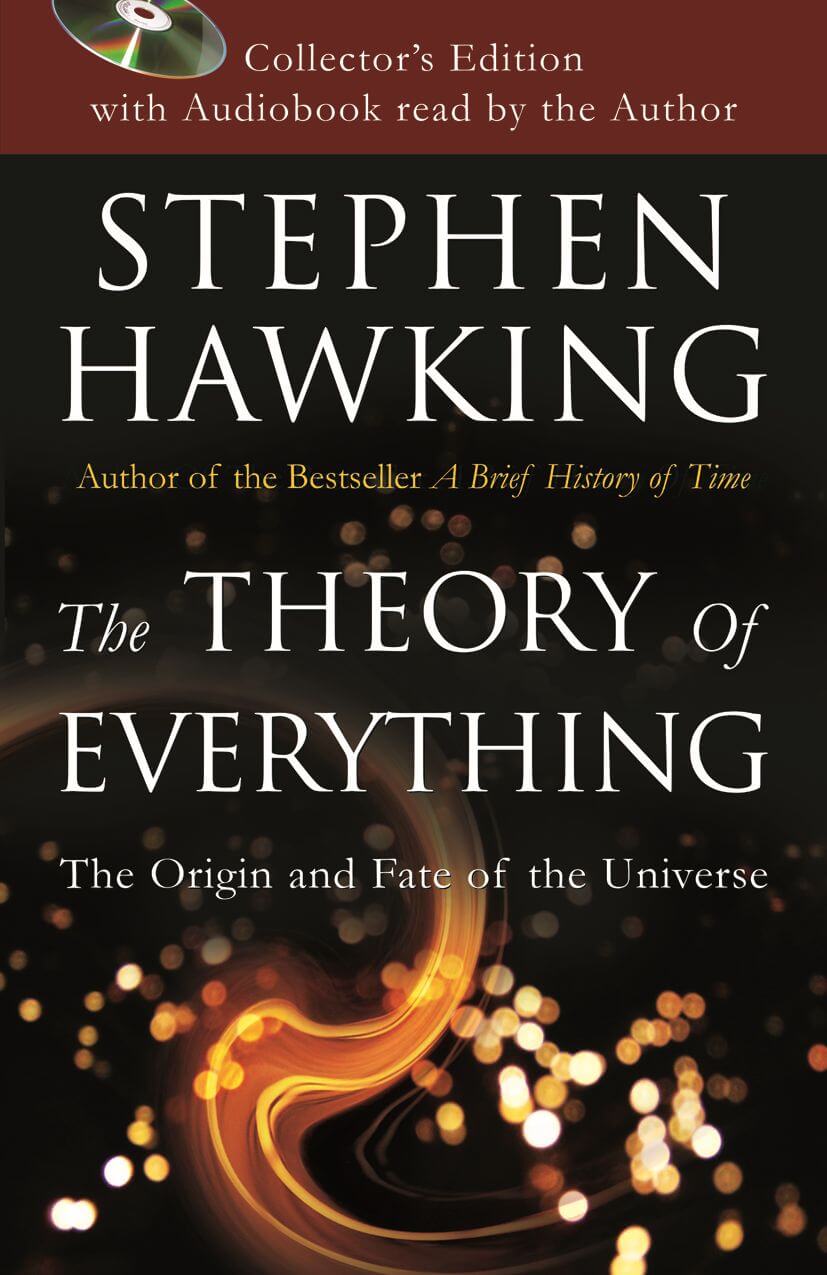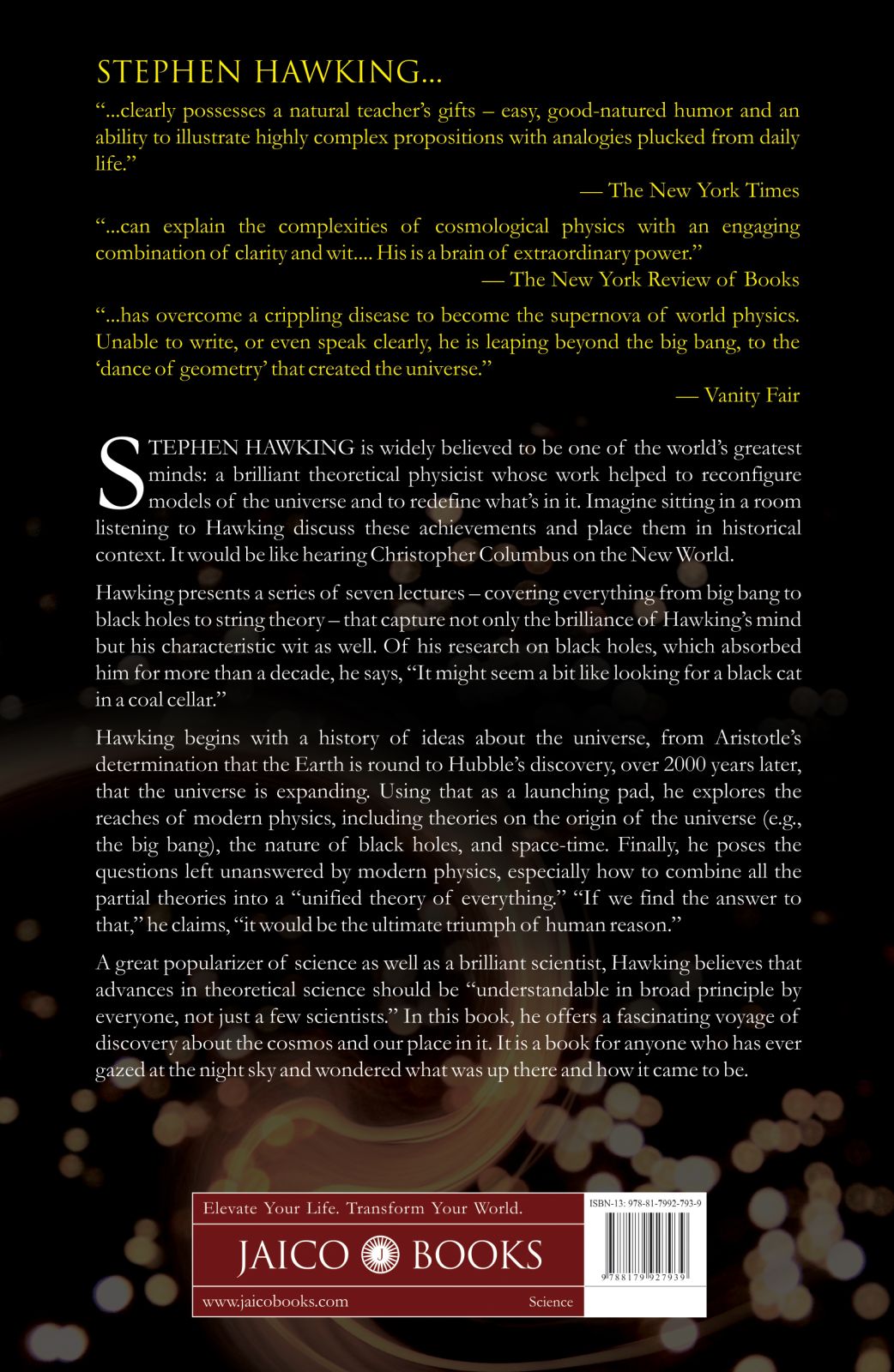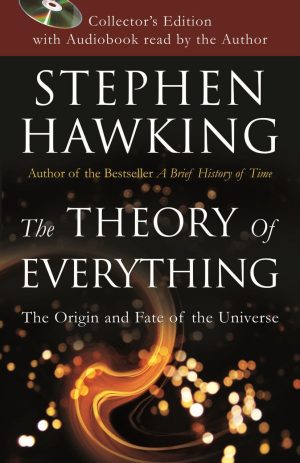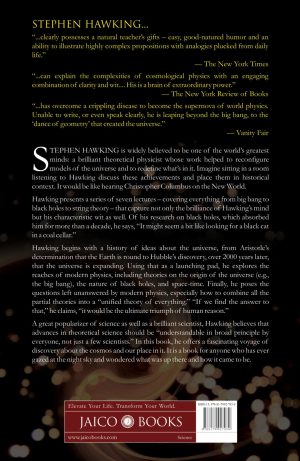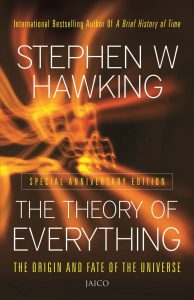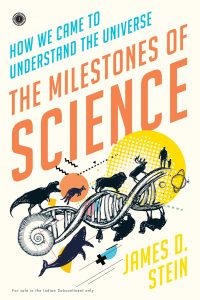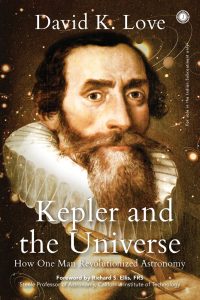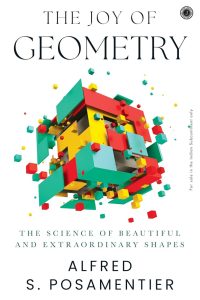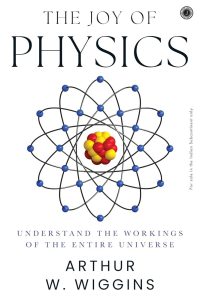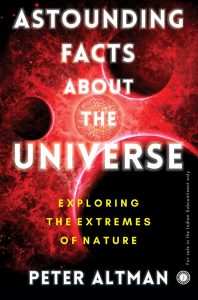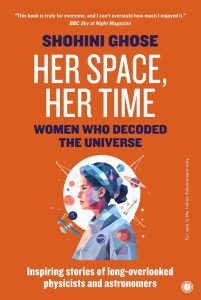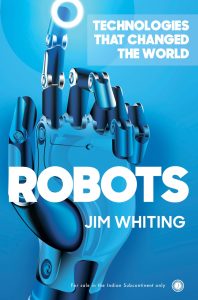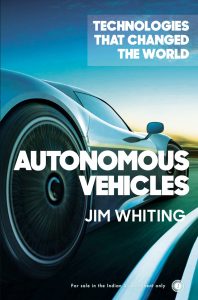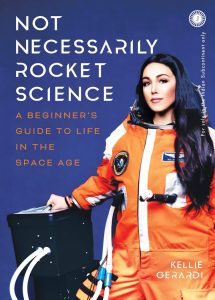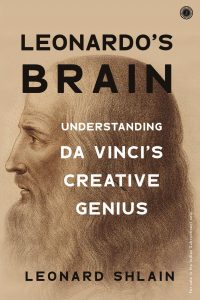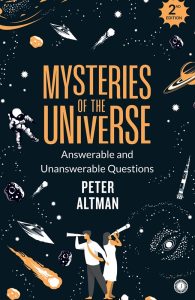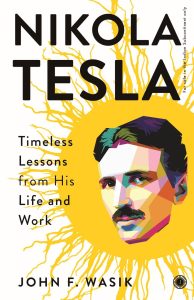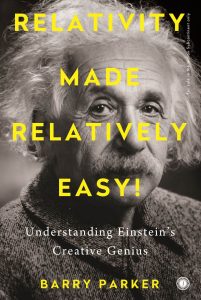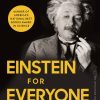The Theory Of Everything (With CD)
Stephen Hawking is widely believed to be one of the world’s greatest minds: a brilliant theoretical physicist whose work helped to reconfigure models of the universe and to redefine what’s in it. Imagine sitting in a room listening to Hawking discuss these achievements and place them in historical context. It would be like hearing Christopher Columbus on the New World.
Hawking presents a series of seven lec-tures—covering everything from big bang to black holes to string theory—that capture not only the brilliance of Hawking’s mind but his characteristic wit as well. Of his research on black holes, which absorbed him for more than a decade, he says, “It might seem a bit like looking for a black cat in a coal cellar.”
Hawking begins with a history of ideas about the universe, from Aristotle’s determination that the Earth is round to Hubble’s discovery, over 2000 years later, that the universe is expanding. Using that as a launching pad, he explores the reaches of modern physics, including theories on the origin of the universe (e.g., the big bang), the nature of black holes, and space-time.
- Genre Popular Science
- Language English
- Format Paperback
- Page Count 140 pages
- Release Date 1-Sep-2008
- ISBN 13 978-81-7992-793-9


